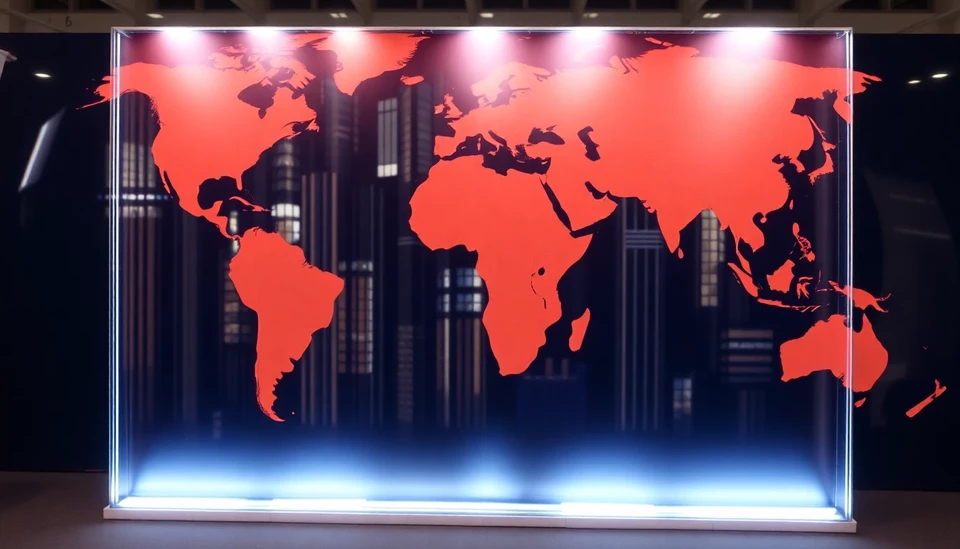
Despite growing concerns over rising tariff threats in the Red Sea region, global trade shows are exhibiting remarkable resilience. Industry leaders and trade officials gathered recently, revealing their confidence in the continued viability and importance of these expos in fostering international commerce.
The backdrop of this optimism is the escalating tension surrounding tariffs, particularly between the Gulf States and neighboring countries. These tensions have raised fears about potential disruptions to trade flows and market access. Nevertheless, numerous key players from various sectors insist that trade shows remain essential platforms for networking, showcasing innovations, and forging vital business partnerships.
A notable aspect of the trade exhibitions is their historic role in connecting businesses and facilitating international dialogue. Exhibitors and attendees alike highlighted the diverse opportunities for collaboration that arise in these settings, despite the backdrop of geopolitical tensions. Many emphasized that the personal interactions and relationships formed during these events are invaluable assets that cannot be replicated in virtual environments.
Industry publications have reported that trade show participation remains robust, with many organizers adapting to the evolving challenges posed by tariffs and shifting market dynamics. These adaptations include increased emphasis on regional partnerships and trade missions, aimed at navigating the changing landscape of global trade. Additionally, some trade shows are enhancing their offerings by incorporating educational sessions focused on understanding new trade regulations and compliance strategies, helping attendees better prepare for potential obstacles ahead.
Trade officials expressed a hopeful outlook, noting that while tariffs and political challenges may pose hurdles, they believe the underlying demand for innovative products and services will sustain interest in trade shows. The need for businesses to stay connected and informed in an increasingly competitive environment underscores the relevance of these gatherings. As such, many industry leaders are advocating for an ongoing commitment to participate in trade shows as a means of navigating uncertain times.
Looking forward, participants in the trade show circuit remain optimistic. They argue that the combination of in-person interactions, strategic partnerships, and learning opportunities creates a powerful formula for success in overcoming market challenges. By continuing to invest in these crucial networking opportunities, businesses can not only sustain but potentially expand their global outreach, even in the face of rising tensions and tariff threats.
As global trade shows adapt and innovate to meet the challenges posed by current geopolitical landscapes, their role in bridging gaps between businesses and economies remains more vital than ever. The commitment from industry stakeholders to engage actively in these platforms could herald a new era of resilience and growth, countering the fears surrounding tariff impacts.
In summary, while the specter of increased tariffs may loom large over the Red Sea region, the steadfast nature of global trade shows suggests a promising pathway for ongoing international commerce. The confidence exhibited by industry leaders and participants underscores the importance of face-to-face interactions and collaborative opportunities that these events offer.
#GlobalTrade #TradeShows #TariffThreats #RedSeaRegion #BusinessNetworking #InternationalCommerce #IndustryGrowth #EconomicResilience
Author: Rachel Greene




